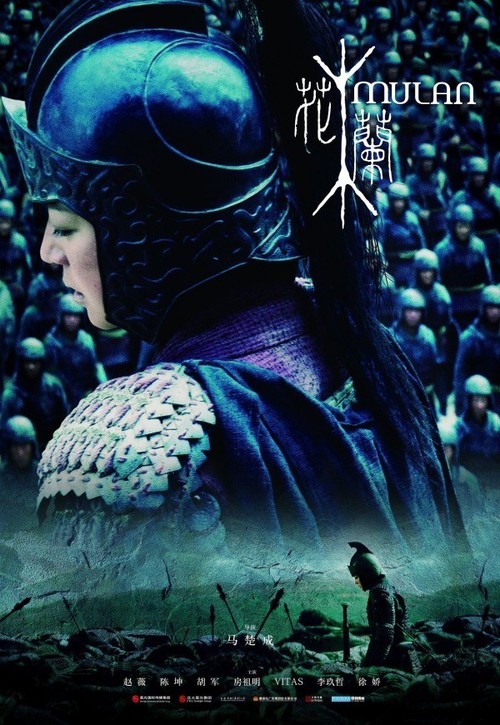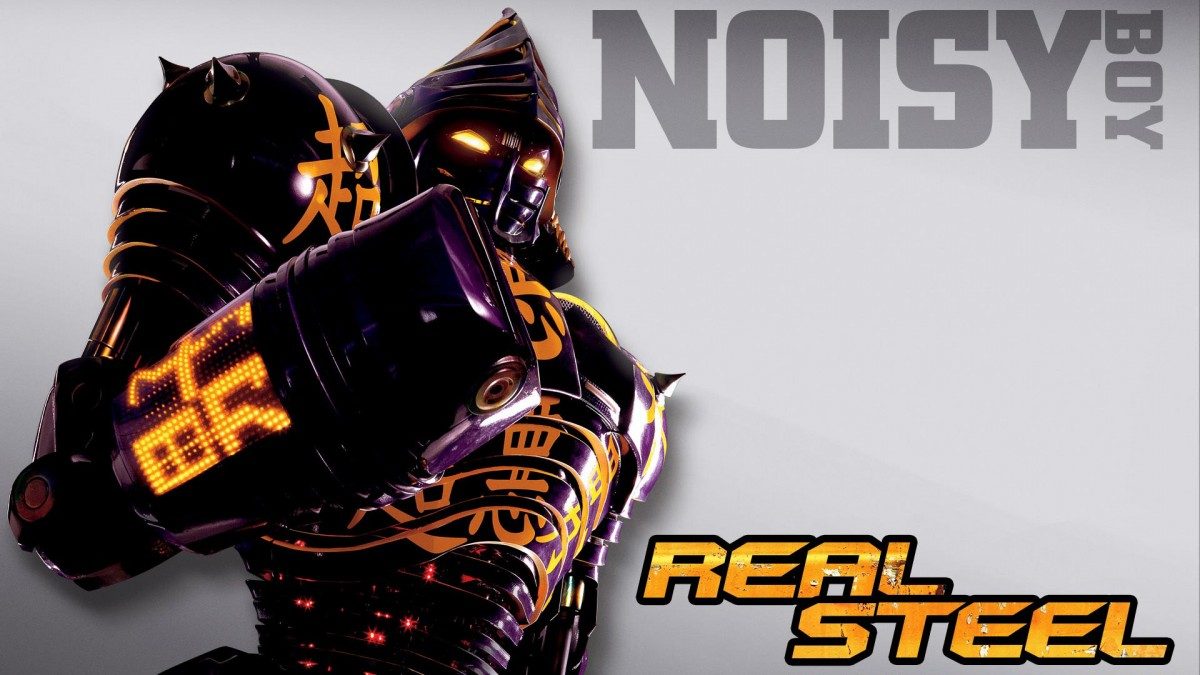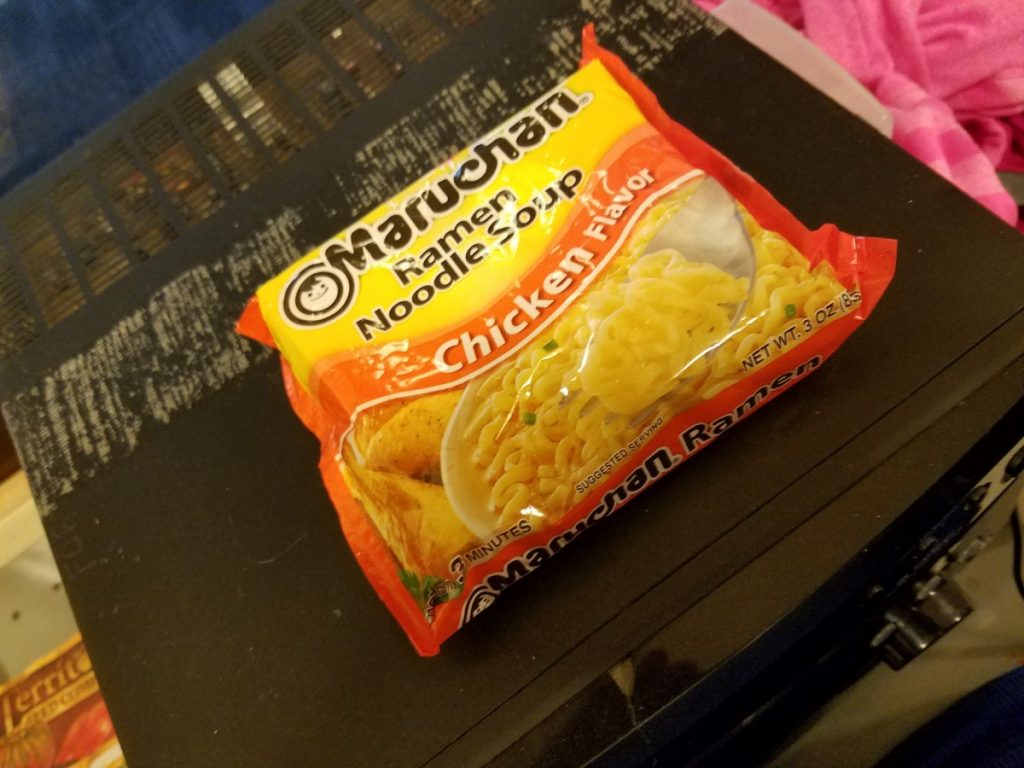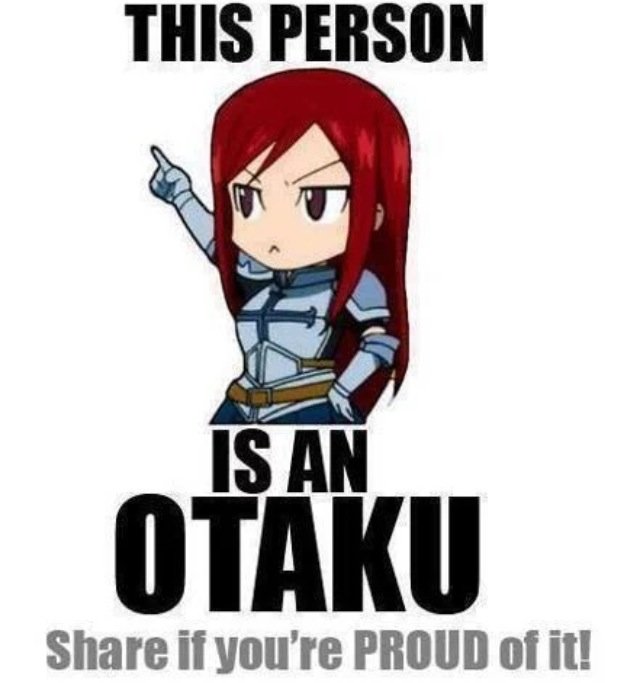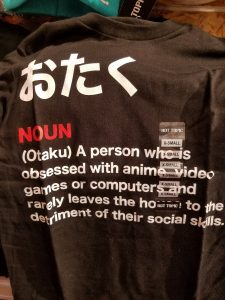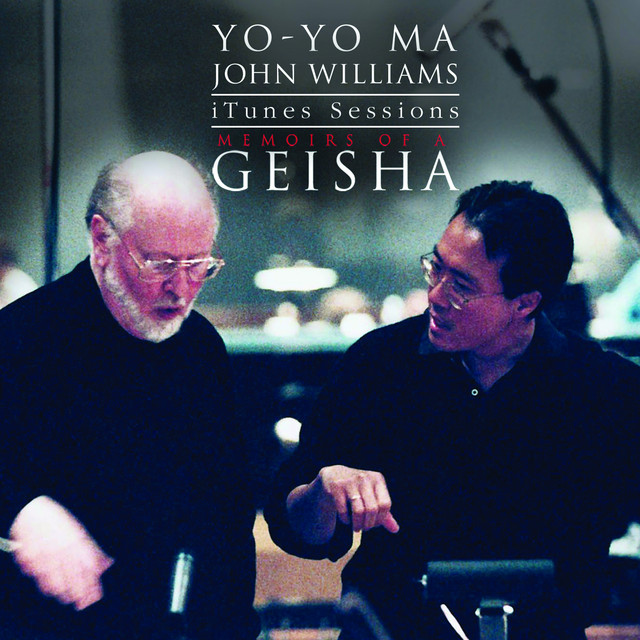In reading “Donald Duk”, there were many themes that were talked about and explored in the group discussions, from the coming of age story as a young adult novel, the concept of dreams and reality and the, often mouth watering, descriptions and roles food has to play.
To myself personally and with what my project revolves around, what stood out to me was Donald’s friend Arnold. A young white boy, invited in to celebrate the Chinese New Year and participate with Donald’s family and community. To myself, this exchange and sharing of culture is a wonderful thing to read and see. Arnold learns firsthand about Chinese American culture, to be specific, and gets to also engage in it, which fosters a deeper and richer understanding and respect for Donald’s culture, unlike their teacher (as far as I was able to read, I still need to finish the book).
But when it came to the part when Donald’s family gives Arnold a Chinese silk shirt to wear as well, I immediately thought to a photo that sparked a strong reaction in the American white community on cultural misappropriation. – Bored Panda – A Japanese Tea Party
The debate took place on Tumblr, centered on the photo of a young white girl, about nine or ten, in her home, proudly wearing the kimono her parents had gotten her while wearing geisha styled makeup for a Japanese tea party themed birthday party.
In this particular example, the subject of accusations of misappropriation being used as a form of racism is brought up (it is an internet debate on an open forum, so all things specifically claimed and assumed, are still claimed and assumed).
For myself though, this was not the first time I had come across white people using the justification of cultural misappropriation (often stated as just appropriation) to bash other white people participating in another culture, normally in a respectful and educational manner. It wasn’t the first time that kids were in the center of the debate.
More and more, this term and how it is being used in the white community, comes across as another mask of colonial based/typed racism. It very similar to the justifications that Christian missionary work was in the interest of “saving” souls, just as cultural misappropriation is being used to “save/preserve” other cultures and teaching white kids to respect other cultures via not sharing and participating in them.
Except the only thing this is accomplishing is the keeping the “purity” of white culture, teaching the next generation that it is not OK to share in other cultures and this sort of misuse of the term is only reinforcing racist barriers that more than likely will only aggravated the exclusion of all other nationalities, culture, class etc. from being included in American society.
Note – the United Nation laws on this give a much better understanding of the actual purpose of the term –
